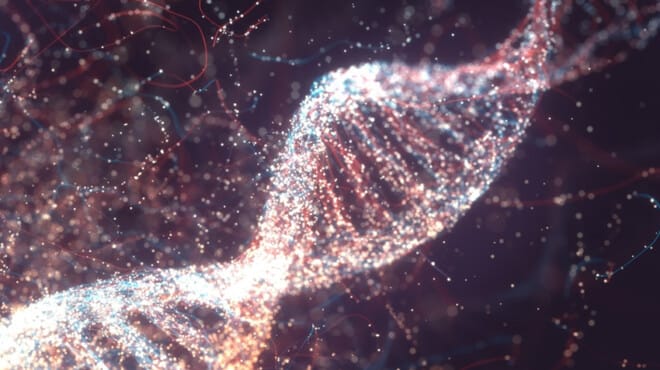Gene Editing: Future People and Future Worlds
15th May 2019 · 7:00pm - 9:00pm
In person | Virtual event

Professor John Harris has been working on the ethics of influencing evolution and indeed on the nature of “persons” since around 1973. His most recent and complete work on gene editing more narrowly, is John Harris “Germ line modification and the burden of human existence”, Cambridge Quarterly of Healthcare Ethics Vol. 25 No 1 January 2016. Another foray entitled “Germline manipulation and our future worlds” was published in The American Journal of Bioethics 2015 Dec 2;15(12):30-4. Public interventions on this theme include: Invited Speaker invitations at the two Washington Summits on germline manipulation, the first on Mitochondrial replacement therapy the second on Crispr Cas 9.
John Harris also spoke in a debate in the United Kingdom Parliament, on the 2nd February 2015, the eve of the historic parliamentary debate and vote in the U.K. that gave the go-ahead to mitochondrial transfer in humans.
Two genetic technologies capable of making heritable changes to the human genome have revived interest in, and in some quarters a very familiar panic concerning, so-called germline interventions: the use of CRISPR/Cas9 to edit genes and Mitochondrial Replacement Therapy (MRT).
Recent papers in Nature and Science, discuss possible research and therapy using various genome modification techniques. These have been followed by the announcement that a group in China had used such techniques in human embryos.
MRT will enable some 2500 women in the UK to have children genetically related to them and also avoid terrible diseases. Mitochondrial disease can be very serious, causing conditions like Leigh’s disease, a fatal infant encephalopathy, and others that waste muscles or cause diabetes and deafness.
Objections to gene editing in embryos are centred on three issues:
1. The first is that gene editing is wrong because it affects future generations, the argument being that the human germline is sacred and inviolable.
2. The second is that it constitutes an unacceptable risk to future generations.
3. Third, that the inability to obtain the consent of those future generations means we must not use gene editing.
John Harris will argue that these objections are fallacious and that there is no precautionary approach; just as justice delayed is justice denied, so therapy delayed is therapy denied, and moreover that we have good reasons to embrace this new revolutionary technology.
—
This event is in the Brockway Room on the ground floor. For accessibility info: https://www.conwayhall.org.uk/about/visiting-us/